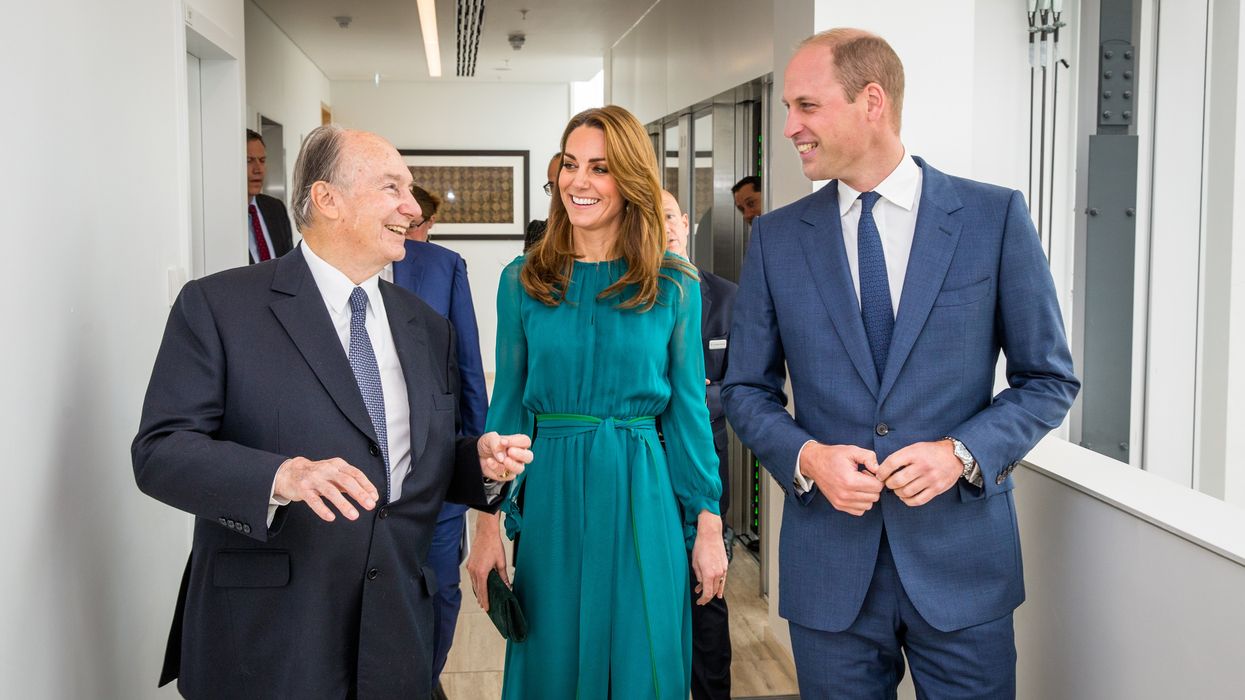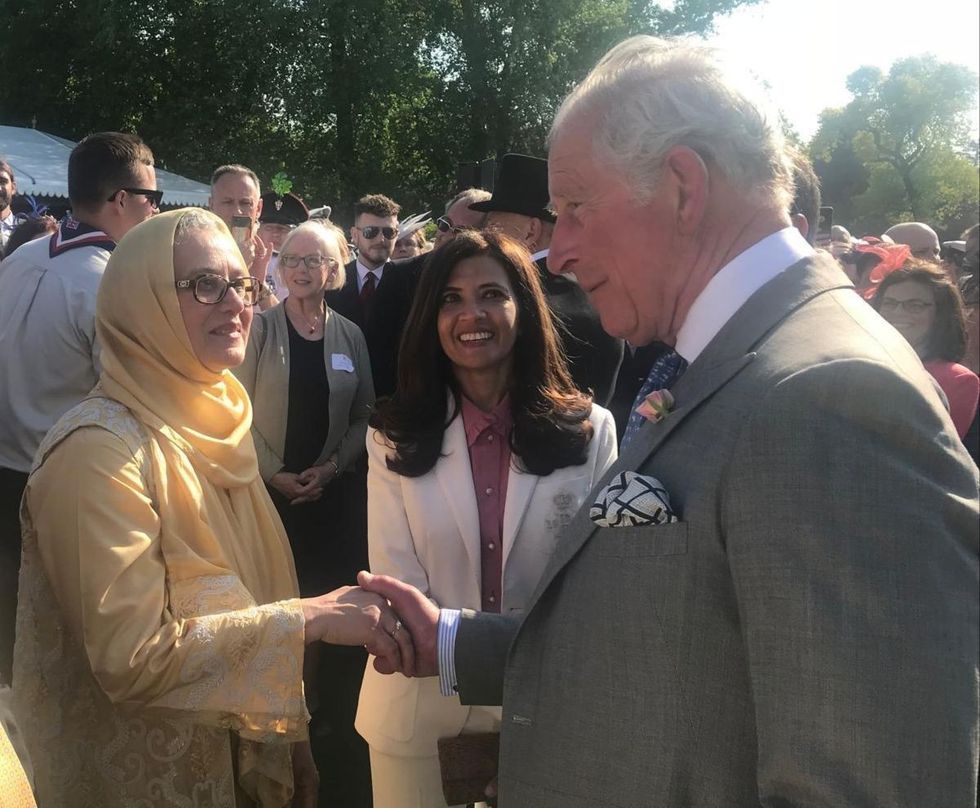Numerous emails connected to the probe into Princess Diana's infamous 1995 Panorama interview with journalist Martin Bashir featuring claims that Bashir deceived the Princess into agreeing to the exclusive interview have been disclosed by the BBC.
Responding to a Freedom of Information request, the BBC disclosed about 3,000 emails related to the interview.
Bashir, who has been embroiled in the scandal over his 1995 interview with the princess attributed the controversy to professional envy and believed his background and race influenced perceptions, BBC News reported.
In 2020 emails, before documentaries scrutinising the interview aired, Bashir expressed these views.
A 2021 inquiry found Bashir used deceit and fake documents to secure the Panorama interview. Andy Webb, an investigative journalist, played a crucial role in unearthing these details, suggesting the BBC attempted to conceal Bashir's 1995 actions.
However, the BBC refutes any accusations of bad faith.
In a significant email dated July 20, 2020, Bashir argued to Robert Seatter, head of BBC history, that the controversial documents were irrelevant to the interview.
He suggested that his socio-economic and ethnic background fuelled the backlash, contrasting it with how a journalist from a "dynastic" family might have been perceived.
Bashir, who re-joined the BBC in 2016, also noted that he had declined to discuss the interview publicly, a stance appreciated by the staff of the then-Prince of Wales, now King.
Bashir resigned from his position as the religion editor at the BBC just before the release of the critical inquiry report, which also condemned the BBC for its management of allegations regarding his tactics.
Following Webb's legal challenge, the BBC released 3,000 emails on Tuesday (30), heavily redacted.
Webb criticised the redactions and maintained that the BBC was covering up significant informat Webb said that the extensive redactions in the emails would necessitate another court challenge.
The BBC defended its actions, citing compliance with Freedom of Information (FOI) Act guidelines and denying any wrongdoing.
The BBC said, "There is nothing to support the allegations that the BBC acted in bad faith in 2020 and we maintain this suggestion is simply wrong."
It added, "Further, as has been said many times, far from attempting to conceal or cover up matters, the BBC commissioned Lord Dyson, a former senior judge to conduct an independent investigation", which was published in 2021.
"The BBC provided all relevant documentation that was in the BBC's possession to the Lord Dyson inquiry.”
In 2021, Webb sought access to correspondence exchanged between BBC managers regarding Bashir during a specific two-month span in 2020.
While the BBC initially revealed several emails, it was later discovered that the total count amounted to 3,288.
The corporation had previously asserted that this body of emails included content that was either deemed irrelevant or protected under legal privilege.
In December, Judge Brian Kennedy mandated the release of the BBC emails, criticising the corporation's "inconsistent, erroneous, and unreliable" handling of the initial request and labelling it a serious concern.
Acknowledging its errors and apologising to Webb and the tribunal, the BBC incurred £126,525 in legal fees contesting the email release.
Webb argued that unveiling these emails was crucial for public interest, suggesting they might reveal attempts by BBC executives to conceal the Bashir scandal. He deemed the expenditure to block the release as nonsensical.
Princess Diana’s brother Earl Spencer, supporting Webb's probe, condemned the BBC's use of costly legal defenses, especially during a time of budget cuts, as detrimental to the integrity of those responsible within the organisation.
Earl Spencer suspected BBC management fabricated a story about Martin Bashir's illness to make him unavailable during heightened interest in the 25th anniversary of Princess Diana's interview.
Bashir left the BBC amid scrutiny over how he secured the interview with Diana, a significant event watched by over 20 million viewers.
In October 2020, a documentary spotlighting Bashir's tactics was aired, followed by news of his illness from Covid complications.
The Dyson inquiry concluded in May 2021 that Bashir deceitfully obtained the interview and lied to BBC management.
Subsequent revelations indicate that Bashir's presentation of fabricated bank statements likely influenced her decision to participate in the interview by leading her to believe that members of her close circle were receiving payments from tabloids.
The inquiry revealed Bashir asked a BBC graphic artist to create fake bank statements, suggesting payments to Earl Spencer's former staff members, aiming to gain Spencer's trust and access to Diana.
Bashir initially admitted to creating the forgeries but denied showing them to Spencer, later conceding when it became untenable.
Despite admitting the forgery was a mistake, Bashir maintained it did not influence Diana's decision to participate in the interview.





















